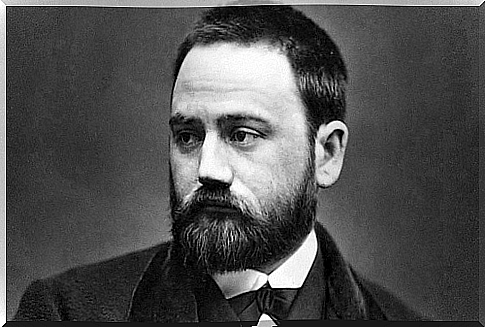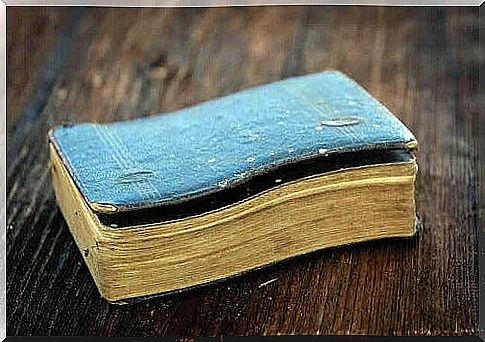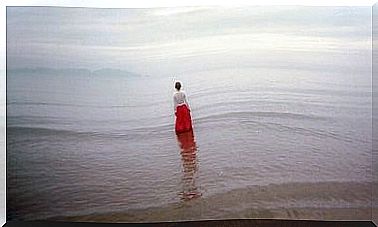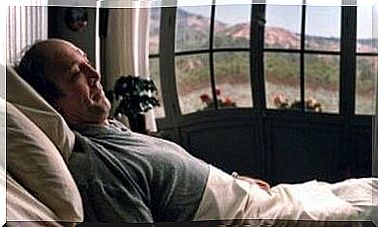Émile Zola: Biography Of A Brave Man

Émile Zola is one of the great figures of French literature, whose life, but also death, were marked by controversy. His work, his opinions and his intellectual and political activity gave a lot to talk about in his day. In short, he was a man demonized by some and adored by others, with the same passion on both sides.
One of the surprising aspects of Émile Zola’s life was that he never went to university. He became a literary figure of the 19th and 20th centuries although he did not have a formal higher education.
In fact, she did not pass the final exams and in order not to become a burden for her mother, she decided to move away from academic life and start working.
Émile Zola had a difficult life and produced a vibrant work. He is still considered the father of Naturalism, a literary current strongly influenced by science that aims to show human beings and societies in all their crudeness. This, in principle, earned him the antipathy of the more conservative sectors of the time.

Émile Zola’s childhood
Émile Zola was born in Paris on April 2, 1840. His father Francesco Zola was an engineer of Italian origin, his mother, Émilie Aubert, was a cultured and enlightened woman from the French bourgeoisie.
Zola was Paul Cézanne’s classmate during his early school years. The two formed a beautiful friendship that lasted for many years. Both are said to have had a great love of literature and shared early readings by the romantic authors of the time, mainly Victor Hugo and Alfred de Musset.
His father died when Émile Zola was only seven years old. This event had a great impact on the financial situation of the family, who had to move to a village in Paris.
The friendship with Cézanne continued, but Zola had great difficulties. As already mentioned, he failed to pass the baccalaureate exam twice, as a result he decided to resign from academia.
Literary development
Initially Zola worked in customs, away from everything that interested him. However, in 1842 he got a job in the advertising department of the Hachette publishing house and finally felt comfortable. It was then that he began to produce his first literary works, although at first they went unnoticed.
Émile Zola spent more time writing than working, and so he was fired from the publishing house. Nonetheless, he did not get discouraged and soon got a job as a reporter and art critic at the L’Événement newspaper . Here began a fervent defense of the Impressionist movement, which was frowned upon at the time; especially defended Manet.
In 1867 he wrote the novel Teresa Raquin , with which he achieved a certain notoriety. Perhaps this gave him a new impetus to better define his style and produce a whole series of works, in which genetic inheritance and social context defined the destiny of the characters.
His work aroused the enthusiasm of many, but also the aversion of others, especially the Catholic Church.

The Dreyfus case
Alfred Dreyfus was a Jew wrongfully accused of espionage. The case became popularly known as the Dreyfus Affair, against which Émile Zola wrote a classic piece entitled J’Accuse .
An open letter to the first French president, which was published on the front page of the newspaper L’Aurore . The text opened a strong controversy due to the topics covered.
J’Accuse was read all over the world and a libel suit was immediately filed against Zola, sentenced to one year in prison and a hefty fine. Zola then went into exile in London, while being tried as an absent defendant in France. His innocence was proven in 1899 and he was allowed to return to Paris.
He went back to writing again, but death surprised him on 29 September 1902 in his home. Looks like he’s suffocated from a chimney accident. However, many suspected that he had been killed. One of his lawyers, in fact, had been the victim of an attack shortly before the death of Émile Zola.
Only in 1906 Alfred Dreyfus was proved innocent. Zola was buried in the Montmartre cemetery in Paris. He remained there for six years and then his remains were transferred to the Pantheon, in belated homage to the writer.









